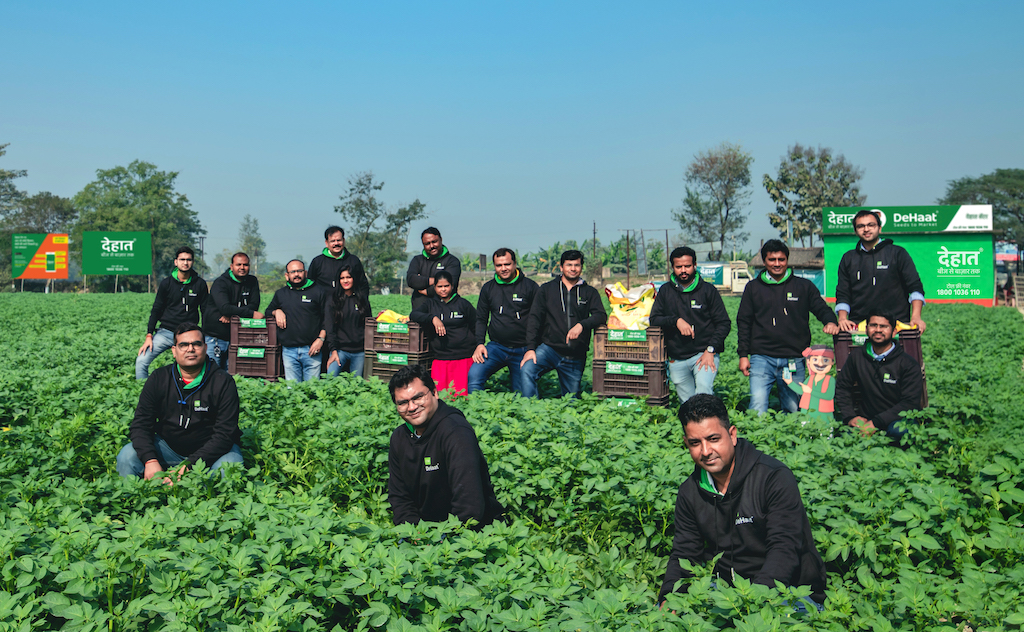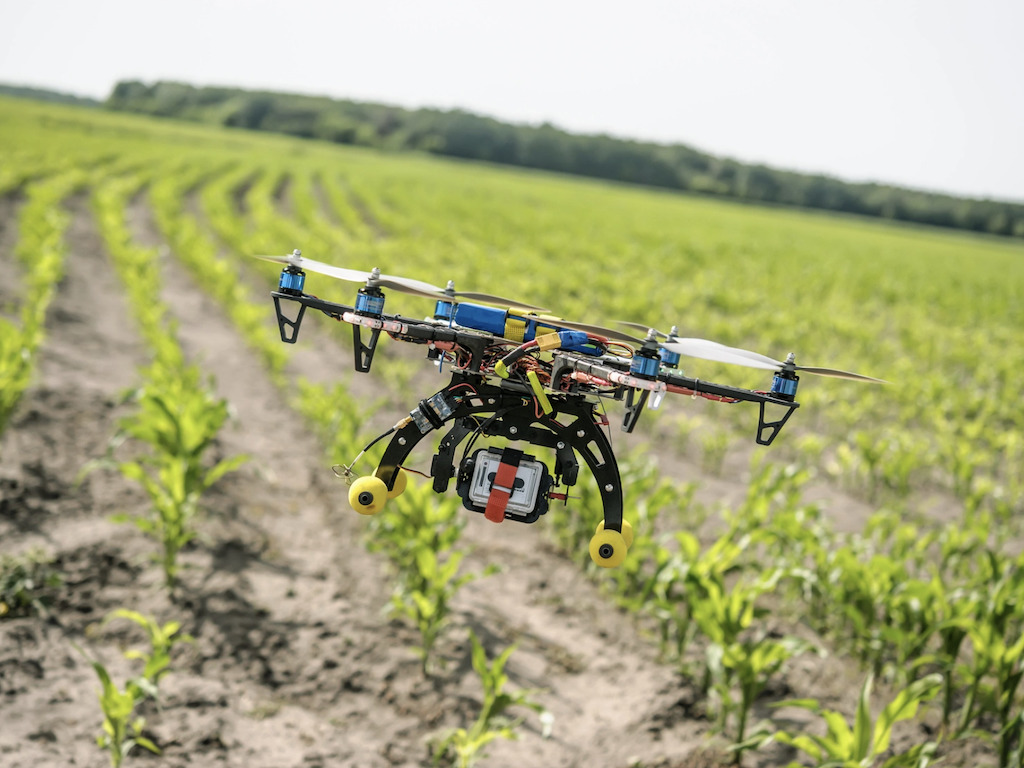3 Mins Read
Indian agritech venture capital firm Omnivore is preparing to launch a new US$150 million fund, the third since its inception in 2010, focused on tech-driven solutions to help boost yield productivity and profitability for rural Indian farmers. Fundraising is set to begin later this year and will support entrepreneurs and startups working on everything from predictive crop insights to AI-powered precision farming.
Omnivore, the venture capital firm dedicated to the agritech space in India, is now gearing up for its third fund. Founded by Jinesh Shah and Mark Kahn in 2010, the firm’s first US$35 million fund largely focused on B2B digitalisation for farmers, hardware and food processing.
Then in 2018, as mobile and internet penetration in rural India grew, Omnivore raised its second fund, which went towards more startups and platforms with embedded fintech and internet-led services across the agricultural supply chain, giving farmers greater and easier market access.
“If you look at the deals that we’ve done, a lot of it is now direct to farmer,” Kahn told Forbes in a recent interview.

Now, Omnivore is aiming to raise US$150 million for its third fund to continue building the ecosystem it’s been supporting since its inception to transform Indian agriculture – a big task to help boost the incomes of the 58% of rural Indian population still reliant on farming for their livelihoods.
The VC plans to begin fundraising towards late 2021, and says that to date, it has already positively impacted the lives of around 10 million farmers in the country.
For example, it supported the online seed-to-market platform DeHaat in 2019 through its second fund, a startup building a “full-stack solution for the farmer,” as its CEO Shashank Kumar described.
“He benefits at every touchpoint,” Kumar continued, explaining that when farmers buy seeds or fertilisers through DeHaat’s platform, they manage to save 8-12%, and can get “super-customised advisory” on field preparation, pest management and irrigation to help farmers increase yields by 12-20%.

Gurugram-based DeHaat then links farmers directly to the market, giving them 5-10% better prices, fair weigh-and-pay terms, and in effect cuts out the need for middlemen known as arthiya who they previously had to rely on for money lending at extremely high interest rates.
Other companies in Omnivore’s portfolio include the Chandigarh-based digital precision agriculture startup AgNext, Bengaluru’s robotic farming firm Tartan Sense and the micro-delivery startup Doodhwala.
And as digitalisation continues to mature in India’s rural communities, Kahn says that the impact of Omnivore will keep on growing and touch far more than ten million farmers in the country.
“We have been seeing an acceleration in technology adoption in agriculture and expect this to continue,” explained Kahn in another interview with The Hindu, adding that Omnivore’s third fund is set to “take care of our needs for four years”.
“Increasing the yield and making farmers profitable is the only way forward for farming in India.”
Lead image courtesy of Fotolia.




